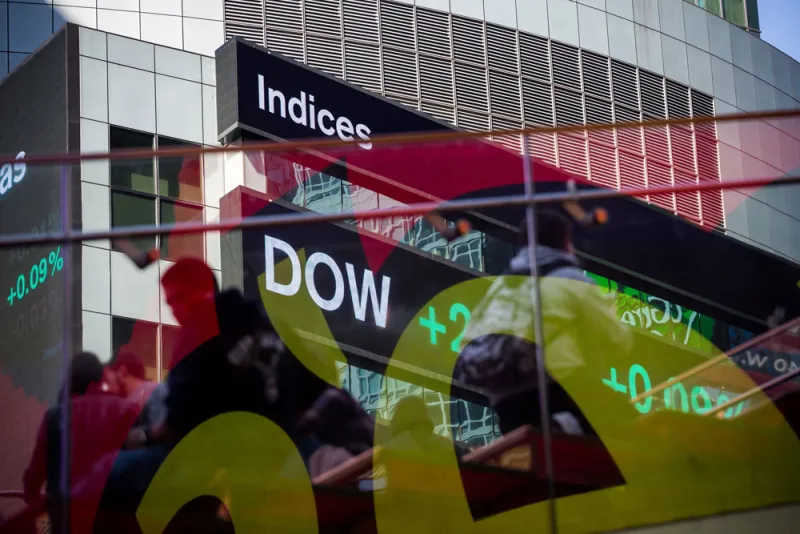The traditional portfolio of stocks and bonds needs an alternative investment shake-up after failed monetary policy, according to executives at JPMorgan Chase & Co.’s asset management unit.
“We are in an odd cyclical position,” David Kelly, chief global strategist of J.P. Morgan Asset Management, said Wednesday during a New York media briefing on its 2020 long-term capital market assumptions report. While the economy is in its late stages of growth, he said, it’s the traditional safe-haven assets that are showing signs of exuberance.
With 25 percent of global government bonds now yielding less than zero, investors seeking protection — and income — should consider core real assets in private markets, according to the J.P. Morgan Asset Management executives speaking at the briefing at the bank’s New York office. They also pointed to emerging market stocks and private equity for the biggest gains over the next 10 to 15 years.
“Private equity is the new stock,” Kelly said.
Within alternative investments, J.P. Morgan Asset Management this year raised its long-term forecasts for private equity by 55 basis points to 8.8 percent and predicted an average 5.8 percent gain for core U.S. real estate. The group’s expected returns for a traditional portfolio consisting of 60 percent U.S. stocks and 40 percent bonds fell by 10 basis points to 5.4 percent.
[II Deep Dive: Pensions Are Paying Billions in ‘Unnecessary’ Private Real Estate Fees]
Global monetary policy will remain “extremely accommodative through this cycle and well into the next one,” according to J.P. Morgan Asset Management, which oversaw $1.9 trillion at the end of September. Fixed-income returns will fall over the long term, the asset management unit projected, falling in some cases into negative territory as interest rates are already low.
Unprecedented monetary easing from the Federal Reserve after the global financial crisis in 2008 has led to a long, slow economic recovery. Over the last year, the expansion of the U.S. economy became the longest on record, according to Kelly, who said the recovery should have taken more of a “V” shape. Inflation and rates still remain low, he explained, adding that the central banks have not been able to stimulate the economy.
“It is a new world, a different world,” he said.
Economic growth remains historically low amid an aging population, according to J.P. Morgan Asset Management. The firm is expecting real global growth to average 2.3 percent over the next 10 to 15 years, down from 20 basis points from its projections last year.
In the meantime, Kelly cautioned that further cuts by central banks to already low rates could ultimately prove harmful to the economy. “Any medicine taken to the extreme becomes poison,” he said.







